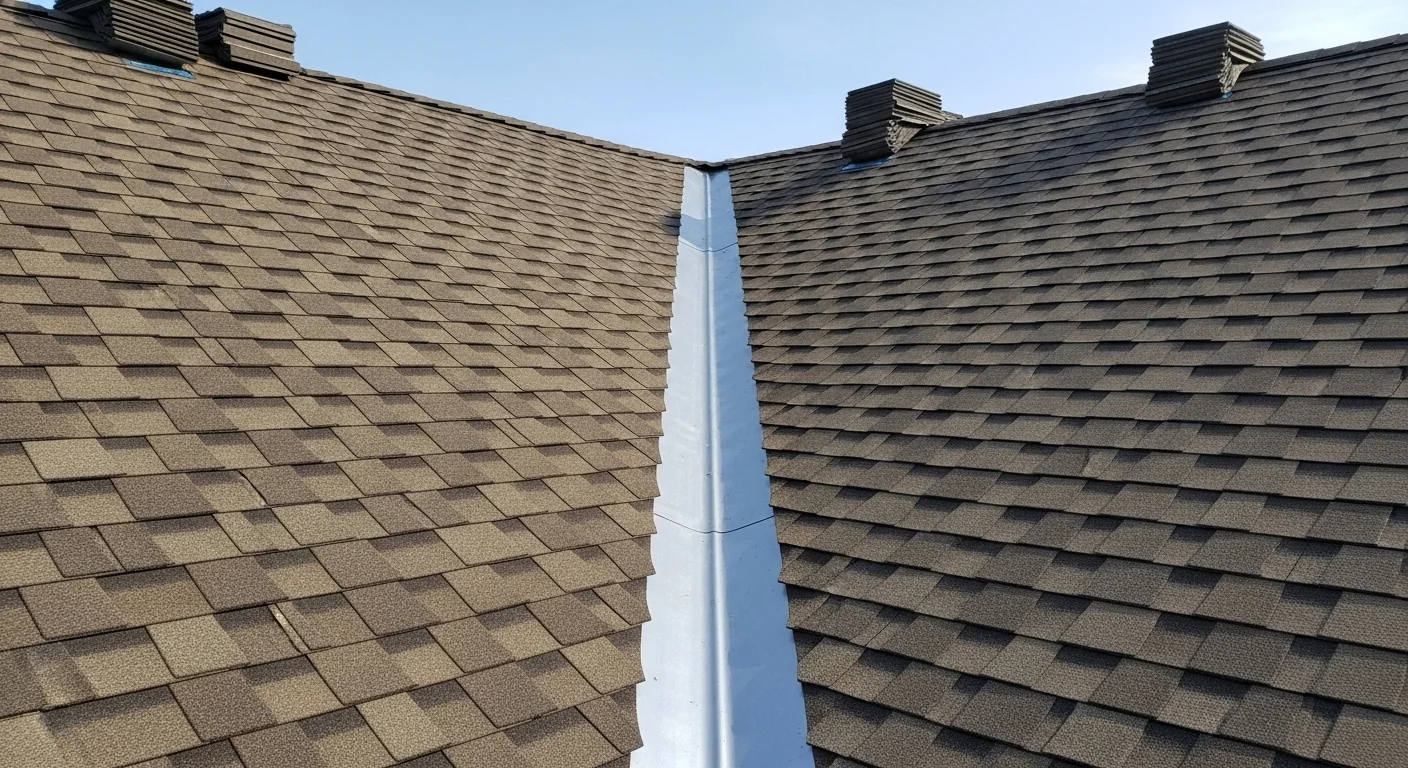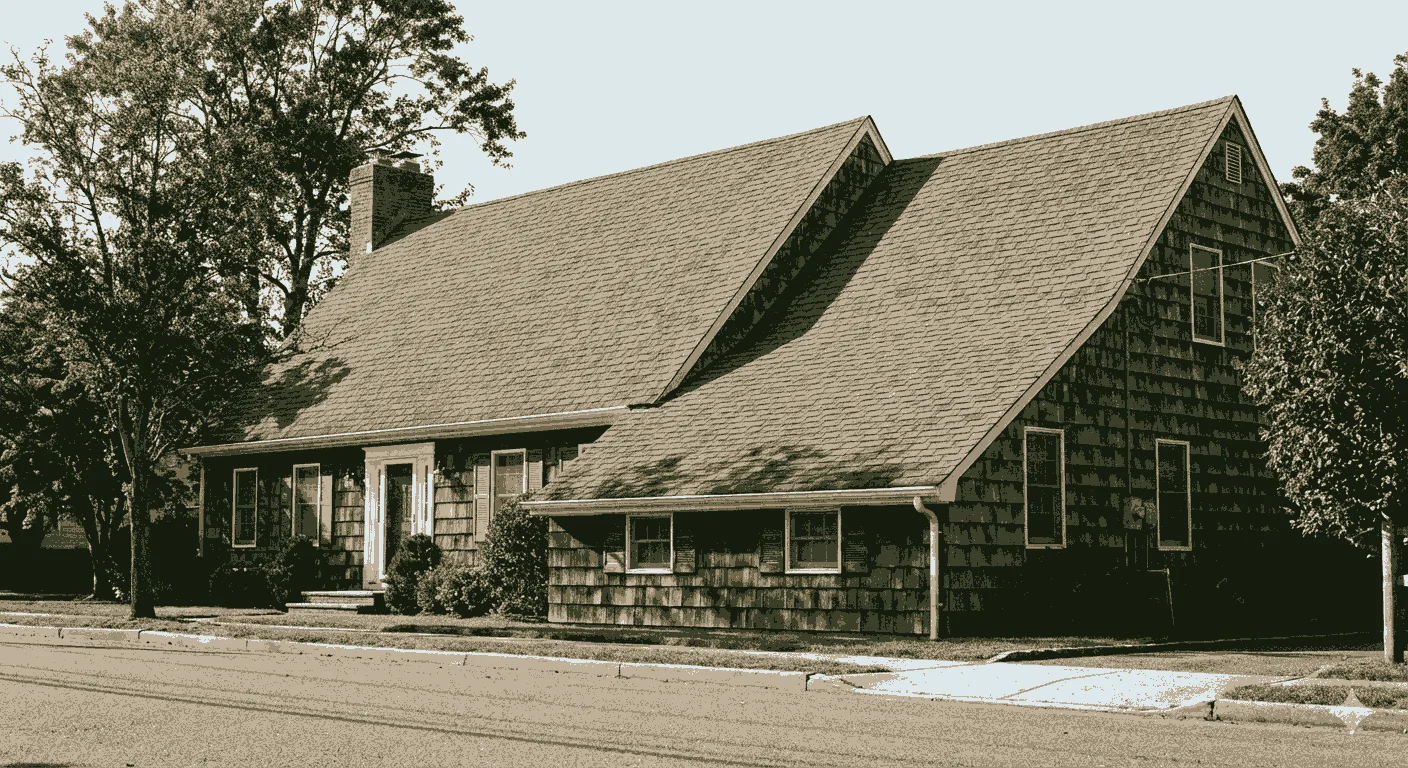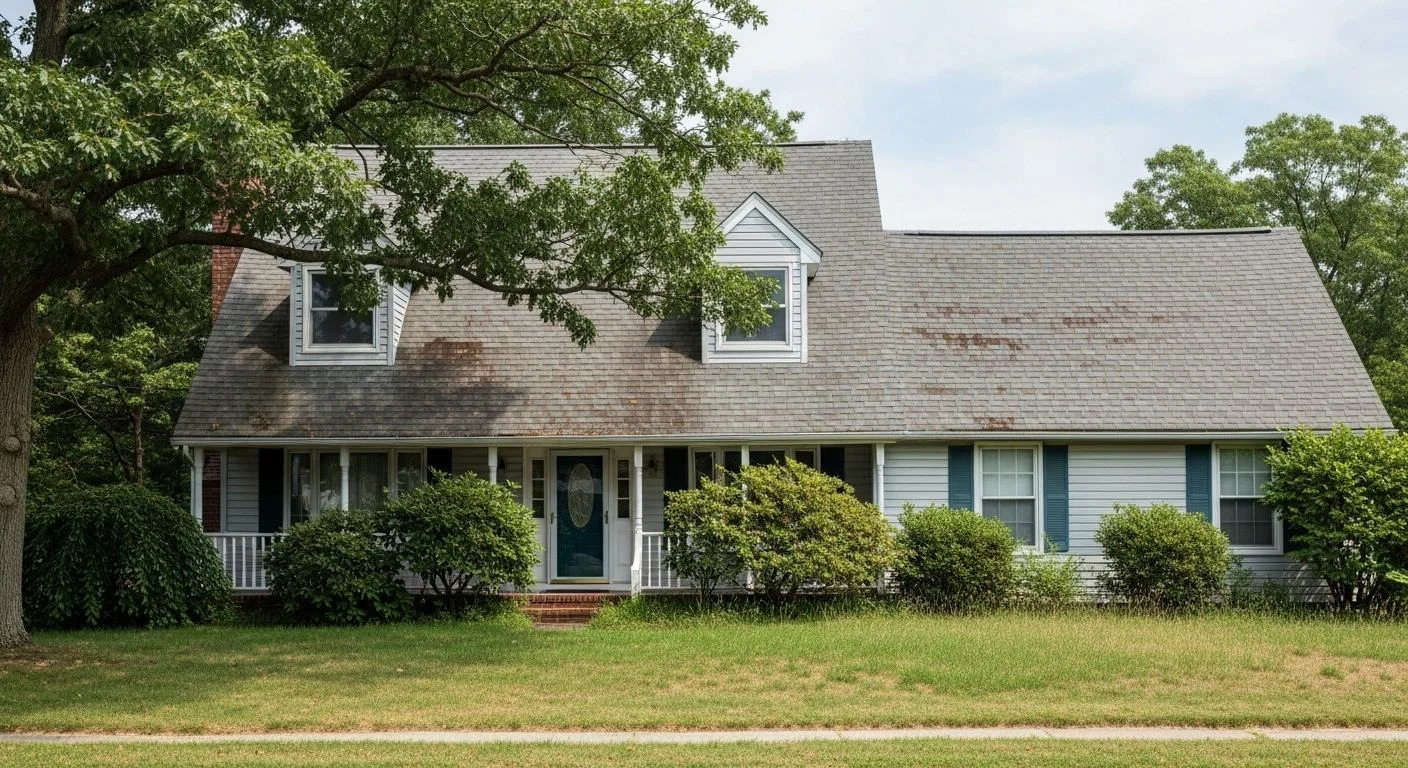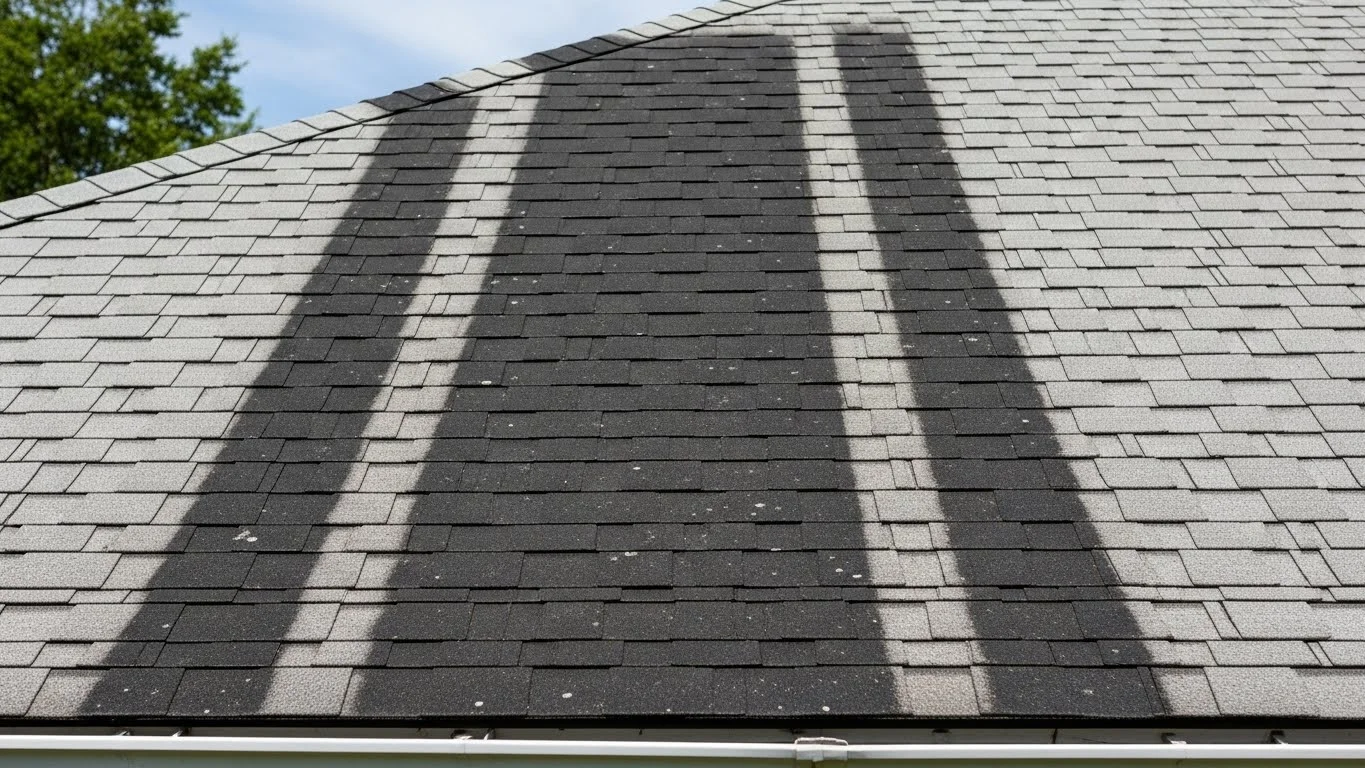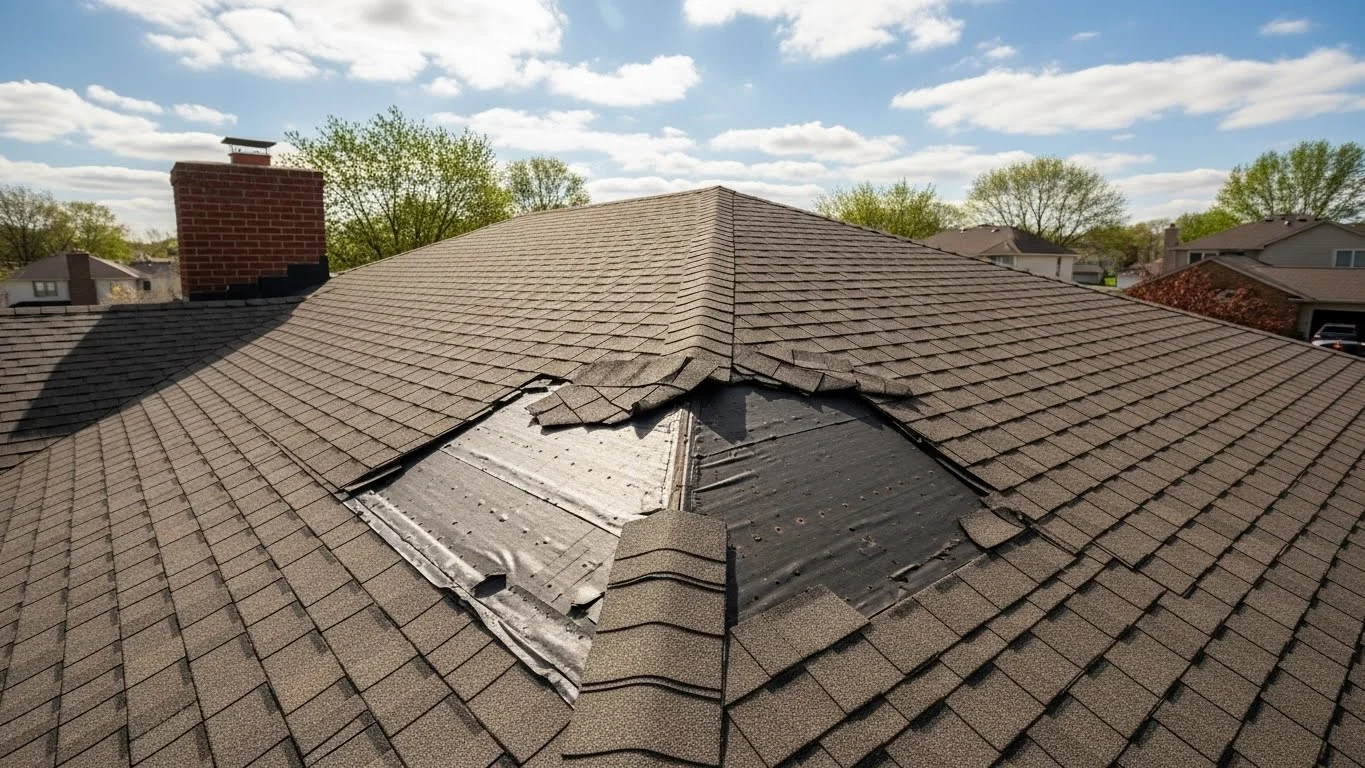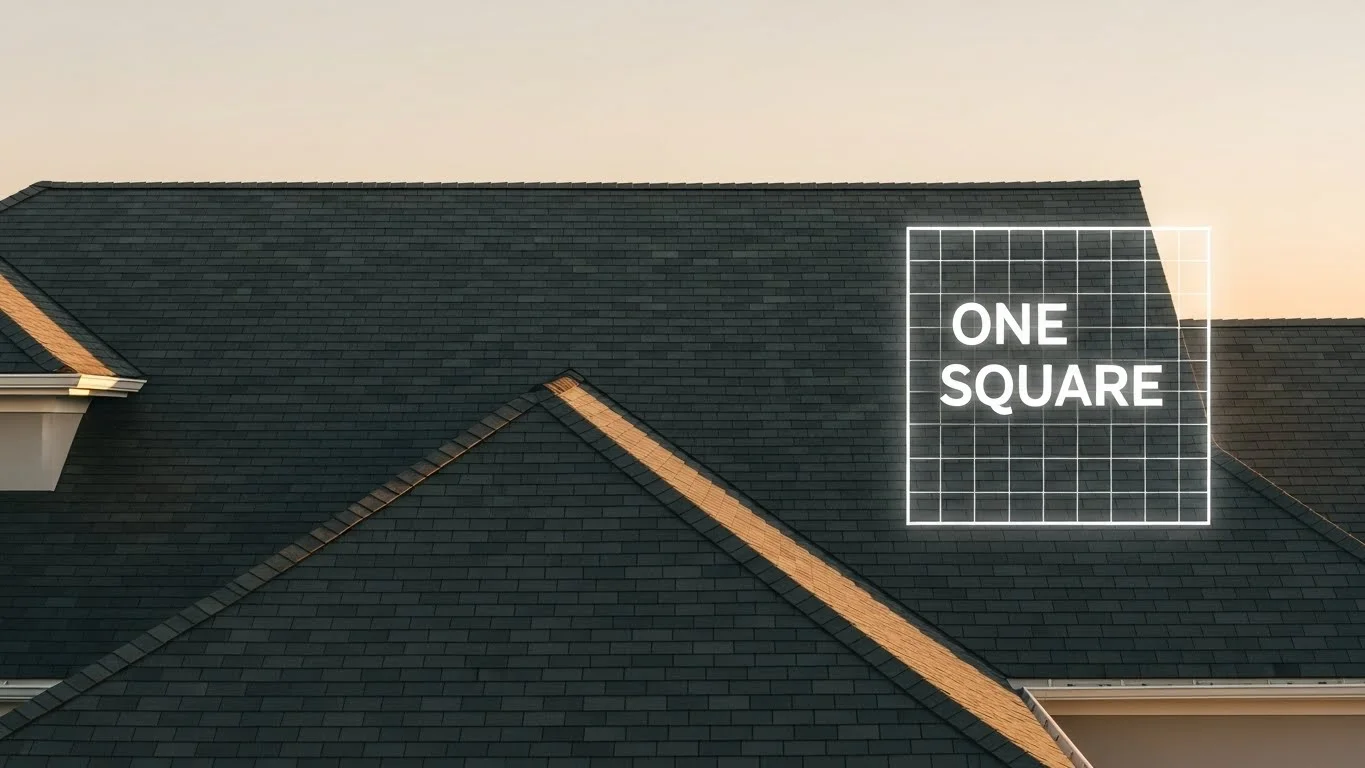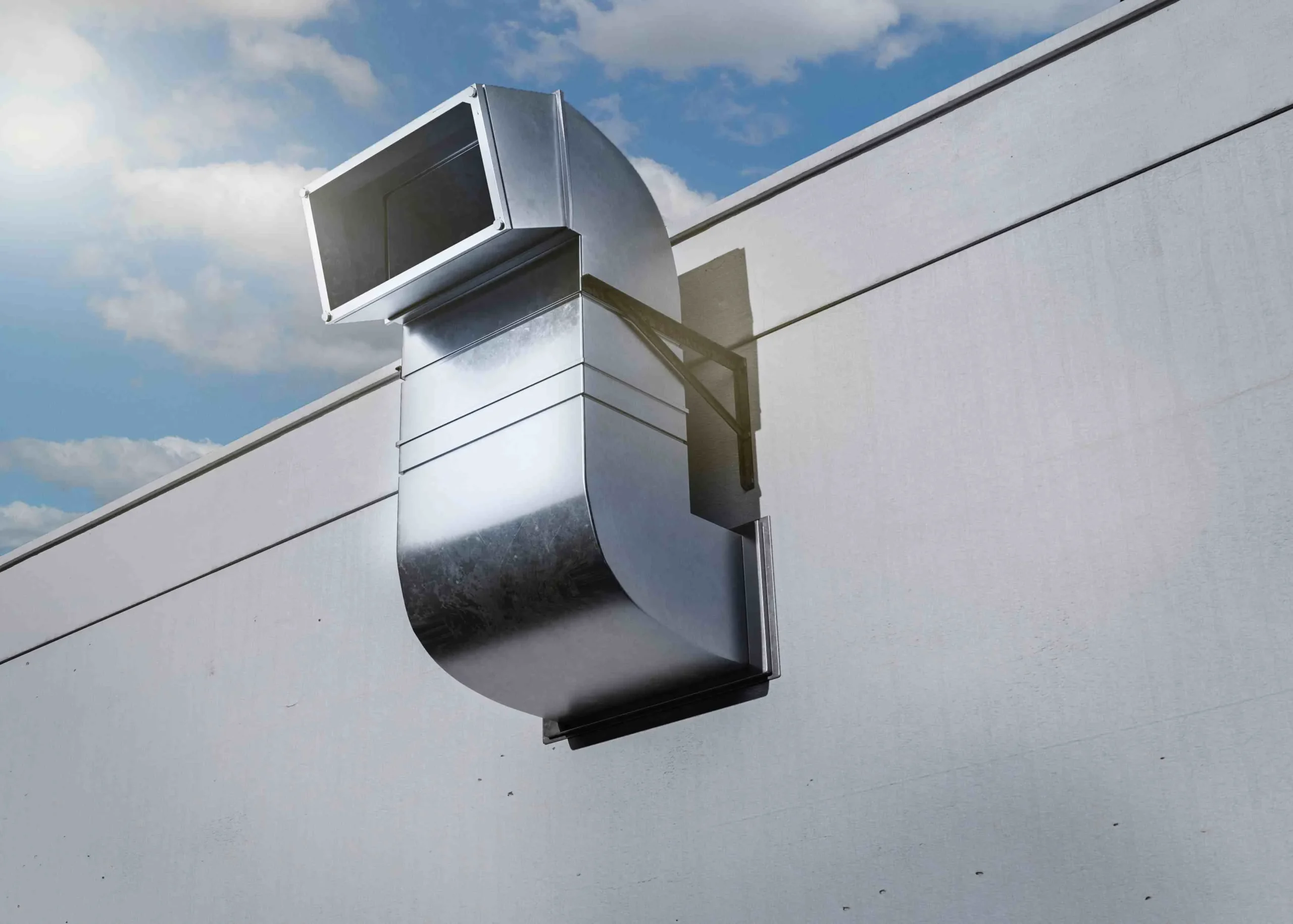Starting a home improvement project such as a roof repair or full roof replacement is a major financial decision. One of the most important—and often misunderstood—parts of the process is the roofing deposit payment. Paying a deposit is standard practice in the roofing industry, but paying the wrong amount, at the wrong time, or without proper documentation can expose homeowners to unnecessary risk.
A roofing deposit serves multiple purposes. It demonstrates a homeowner’s commitment to the project, allows the contractor to secure materials and labor, and helps ensure the project can move forward without financial interruptions. However, deposits must be handled carefully. Paying too much upfront can leave homeowners vulnerable, while paying too little can delay work or discourage reputable contractors from taking on the job.
In states like New York, for example, any home improvement project exceeding $500 must be governed by a written contract. Understanding how deposits fit into that contract is essential. This guide explains roofing deposits in detail, including how much is reasonable, when payments should be made, what factors affect deposit amounts, and how to protect yourself legally and financially throughout the process.
Understanding Roofing Deposits
A roofing deposit is an upfront payment made by the homeowner to the roofing contractor before work begins. This payment helps the contractor cover early project expenses such as ordering materials, scheduling labor, securing permits, and allocating time on their project calendar.
In most cases, roofing deposits range between 10% and 30% of the total project cost, though in some situations they may go higher—particularly for large or highly customized projects. Deposits allow contractors to manage cash flow and avoid absorbing material costs out of pocket.
Deposits also protect contractors from last-minute cancellations. Roofing companies often reserve crews, equipment, and time slots weeks in advance. If a homeowner cancels after materials have been ordered or labor has been scheduled, the deposit helps compensate for lost opportunities and sunk costs.
To avoid misunderstandings, the deposit amount, purpose, and refund terms should always be clearly outlined in the written contract.
When Should You Pay a Roofer?
Roofing payments are typically structured in stages to ensure fairness for both the homeowner and the contractor.
The initial deposit should only be paid after:
-
A detailed written contract has been reviewed and signed
-
The scope of work is clearly defined
-
Materials, timelines, and warranties are specified
Once the contract is executed, the deposit allows the contractor to begin preparation and scheduling.
For larger roofing projects, additional payments may be tied to project milestones, such as:
-
Completion of tear-off
-
Installation of underlayment
-
Midpoint of material installation
These milestone payments should be clearly listed in the contract. The final payment should only be made after the project is fully completed, inspected, and approved by the homeowner.
A structured payment schedule protects homeowners from paying for incomplete work while ensuring contractors are compensated fairly as progress is made.
Payment Plans and Financing Options for Roofing Projects
Roofing projects can be expensive, and many homeowners rely on payment plans or financing options to manage costs. Reputable roofing companies often offer multiple payment solutions to accommodate different budgets.
Some contractors provide installment payment plans, allowing homeowners to pay in smaller portions tied to project milestones. This approach keeps payments aligned with progress and reduces financial strain.
Other contractors partner with financial institutions to offer roofing loans with competitive interest rates. Home equity loans are another option, often offering lower interest rates because they are secured against the home’s value.
Credit cards may be used for smaller projects or deposits, especially if rewards or cashback benefits are available. However, homeowners should be cautious of high interest rates if balances are not paid off quickly.
Before choosing any financing option, homeowners should carefully review interest rates, repayment terms, and potential fees.
Factors That Affect Roofing Deposit Amounts
Several variables influence how much deposit a roofing contractor may require. Understanding these factors helps homeowners evaluate whether a deposit request is reasonable.
Project Size and Complexity
Large roofing projects naturally require higher deposits. A full roof replacement involves significant labor, material purchases, and scheduling commitments. Complex designs, steep slopes, custom flashing, or specialty materials also increase upfront costs, which may be reflected in the deposit amount.
Contractor’s Reputation and Experience
Established contractors with strong reputations and proven track records may require higher deposits. Their experience, demand, and reliability often justify the request. Newer companies may ask for lower deposits to attract clients, but homeowners should carefully review references, licenses, and insurance before proceeding.
Material Costs and Availability
Material pricing and availability play a major role in deposit requirements. When materials are in high demand or subject to price fluctuations, contractors may request a larger deposit to lock in pricing and secure inventory. Specialty materials, custom colors, or imported products often require advance payment to suppliers.
Getting a New Roof Without Paying the Deductible: What to Know
Some homeowners hear claims about getting a new roof “without paying the deductible,” particularly when insurance is involved. While this may sound appealing, it often raises legal and ethical concerns.
Insurance deductibles are typically the homeowner’s responsibility. Contractors who promise to waive deductibles may do so by inflating invoices or cutting corners—both of which can lead to serious problems.
A safer approach is to:
-
Negotiate payment schedules that align with insurance payouts
-
Work with your insurer to understand coverage allowances
-
Ensure all billing and documentation remain transparent and accurate
Maintaining honesty and compliance protects both the homeowner and contractor from legal complications.
Accepted Roofing Payment Methods
Most modern roofing companies accept a variety of payment methods for convenience and security.
Common options include:
-
Credit and debit cards via secure online portals
-
Bank transfers or ACH payments for larger amounts
-
Checks for traceable, documented transactions
-
Digital platforms such as PayPal or mobile banking apps
Regardless of the method used, homeowners should always ensure payments are traceable and receipts are provided.
How Much Down Payment Is Typical for Roofing?
Deposit requirements vary by region and contractor, but most reputable roofing companies request 10% to 20% of the total project cost.
For example, on a $10,000 roofing project, a typical deposit would range from $1,000 to $2,000. Some contractors offer no-money-down options through financing programs, while others may require higher deposits for material-heavy projects.
Homeowners should be cautious of contractors demanding unusually large upfront payments, especially if they are unwilling to provide documentation or references.
Tips for Safely Paying Your Roofer
Handling roofing payments carefully helps ensure a smooth and successful project.
-
Verify credentials: Confirm licensing, insurance, and references
-
Use written contracts: Clearly define scope, materials, timeline, and payments
-
Avoid large upfront payments: Deposits should be reasonable and justified
-
Use traceable payment methods: Avoid cash whenever possible
-
Tie payments to progress: Release funds only after work is completed satisfactorily
These steps reduce risk and encourage accountability on both sides.
Legal Considerations for Roofing Payments
Roofing deposit laws vary by state and municipality. Homeowners should familiarize themselves with local regulations regarding maximum deposit amounts and contract requirements.
A legitimate roofing contractor will have no issue providing:
-
Proof of licensing
-
Proof of insurance
-
A detailed written contract
Homeowners should always review contracts carefully, ask questions, and request clarification before signing. Taking the time to understand the agreement helps prevent disputes and ensures compliance with local laws.
Conclusion
Paying a roofing deposit is a normal and necessary part of most roofing projects, but it requires balance. A fair deposit demonstrates commitment while protecting both the homeowner and contractor. By understanding standard deposit ranges, verifying legal requirements, and insisting on clear written agreements, homeowners can minimize risk and ensure a smooth roofing experience.
A reputable roofing company will always prioritize transparency, follow legal guidelines, and work with homeowners to establish fair payment terms. By following the guidance in this article, homeowners can move forward confidently, knowing their investment—and their home—is protected from the very beginning of the project.
FAQs
Can a roofer make you pay if the contract is voided?
If a roofing contract becomes voided, it’s very important that you revert to the terms of the contract that you signed in the first place. In general, if a contract is voided for appropriate reasons-such as non-compliance or breaches of agreement on the part of the roofing company-you are not required to pay for services. If you void the contract for no cause, the contractor may have reason to collect compensation for any work performed.
How much does roofing pay per hour?
The pay for roofing work per hour can vary by location, experience, and the complexity of the roofing project. On average, a roofer can earn between $19 to $29 per hour in New York. More experienced roofers or those working in regions with higher living costs might command higher wages. It is always advisable to check the local rates for a more accurate figure in your area.
How much am I supposed to pay a roofer per square?
The cost of roofing, per square, can vary quite a bit. You will probably find that for simple asphalt shingles, a decent average is anywhere between $200 and $350 per square in New York. The price increases in the case of more premium materials or particularly complex installations.
Do roofing contractors take online payments?
Most modern roofing contractors try to adapt to accepting online payments, such as through credit card payments, bank transfers, or even using online payment platforms such as PayPal. This acceptance of online payments offers convenience for the contractor and customer, with the added advantage of streamlining the transaction process.



